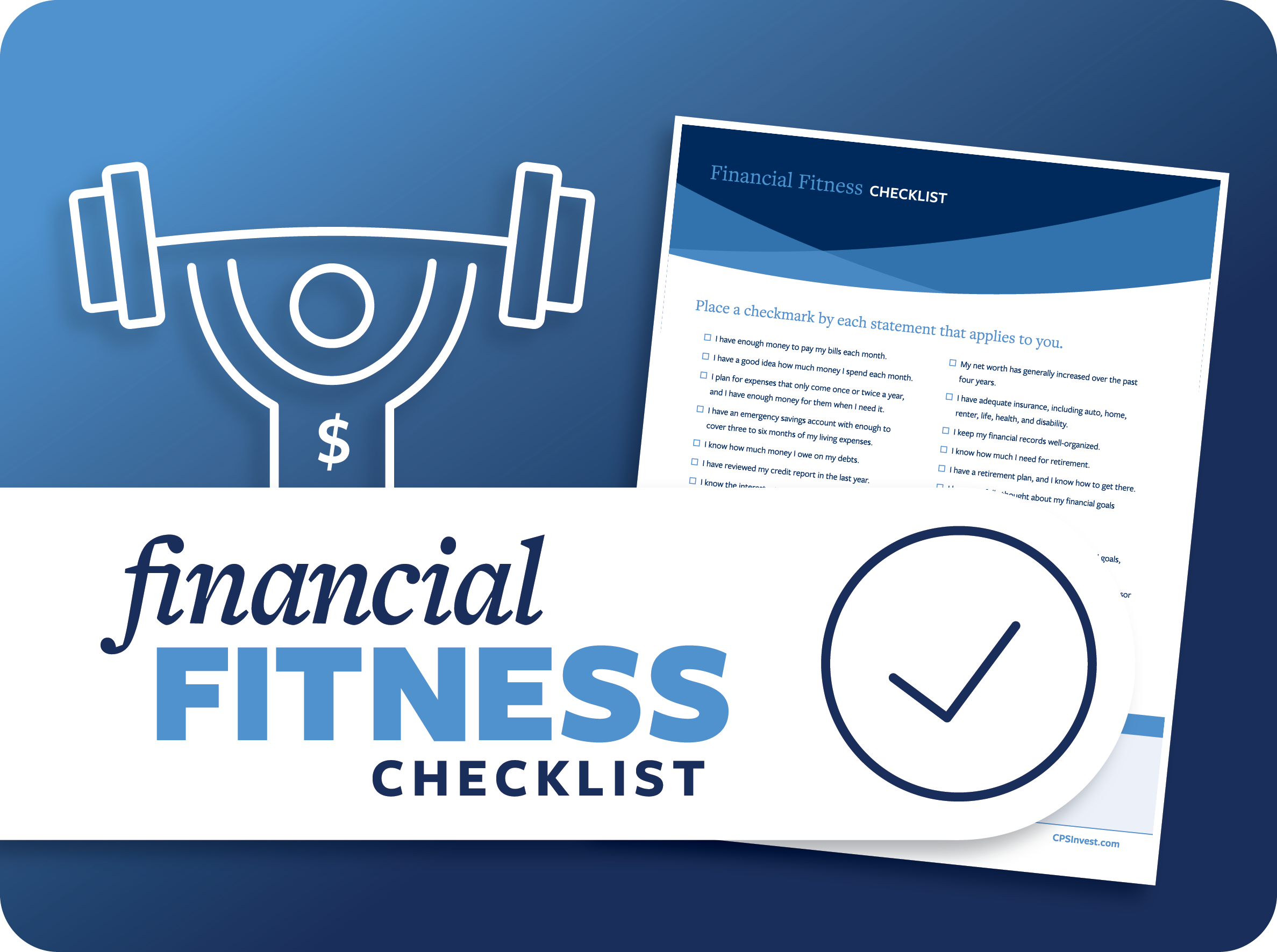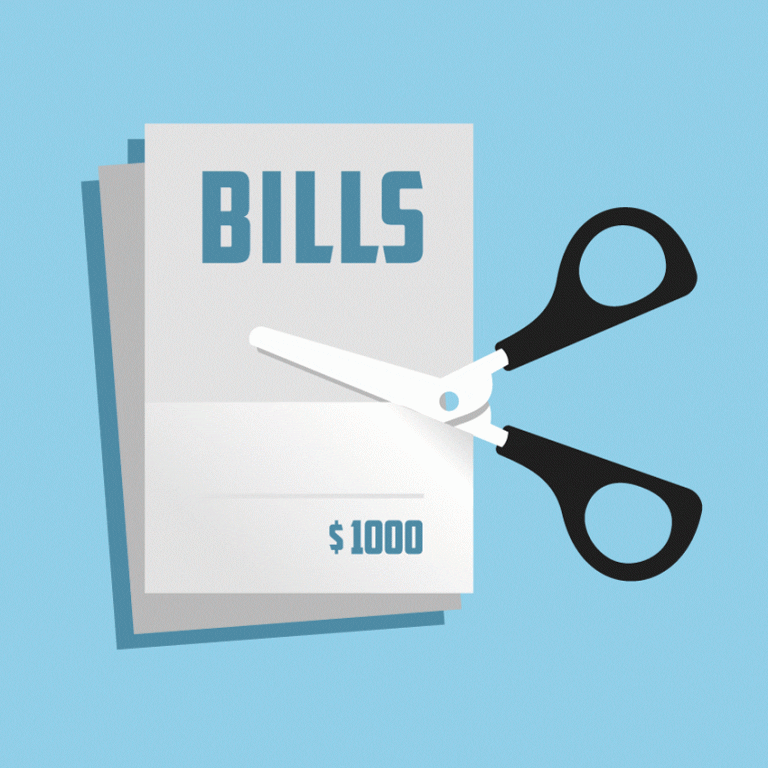Many people get confused when they hear about the different types of loans available. Here is a helpful loans guide of the most common loans available today.

Bad Credit Personal Loan
A Bad Credit Personal Loan is a loan made for people with a bad credit rating. However created, your past record of County Court Judgments, mortgage or other loan arrears can live on to deny you access to finance that other people regard as normal.
If you are a homeowner with equity in your property, a Bad Credit Personal Loan can bring that normality back to your life. Secured on your home, a Bad Credit Personal Loan can give you the freedom, for example, to do the home improvements or buy the new car you want.
With a Bad Credit Personal Loan you can borrow up to 125% of your property value in some cases.
Bridging Loan
A bridging loan is a kind of loan used to “bridge” the financial gap between monies required for your new property completion prior to your existing property having been sold.
Bridging loans are short-term loans arranged when you need to purchase a house but are can’t arrange the mortgage for some reason, such as there is a delay in selling your current home.
The beauty of bridging loans is that a bridging loan can be used to cover the financial gap when buying one property before the existing one is sold
A bridging loan can also be used to raise capital pending the sale of a property.
Bridging loans can be arranged for any sum and can be borrowed for periods from a week to up to six months.
A bridging loan is similar to a mortgage where the amount borrowed is secured on your home, but the advantage of a mortgage is that it attracts a lower interest rate.
While bridging loans are convenient, the truth is that the interest rates can be very high.
Business Loan
A business loan is designed for a wide range of small, medium and startup business needs including the purchase, refinance, expansion of a business, development loans or any type of commercial investment.
Business loans are generally available at really competitive interest rates from leading commercial loan lenders.
A business loan can be secured by all types of business property, commercial and residential properties.
Business Loans can offer up to 79% LTV (Loan to Valuation) with variable rates, depending on status and how long the term is.
Business loans are normally offered on Freehold and long Leasehold properties with Bricks and Mortar valuations required. Legal and valuation fees are payable by the client.
Car Loan
The basic types of car loans available are Hire Purchase and Manufacturer’s schemes. Hire purchase car finance is arranged by a car dealership, and in essence means that you are hiring the car from the dealer until the final payment on the loan has been paid, when ownership of the vehicle is transferred to you.
A Manufacturers’ scheme is a type of loan that is put together and advertised by the car manufacturer and can be arranged directly with them or through a local car dealership. You will not own the car until you pay back the loan in full. The car would be repossessed if you default on repayments.
Cash Loan
Cash Loans are also known as Payday Loans, and these loans are arranged for people in employment who find themselves in a situation where they are short of immediate funds.
A Cash Loan can assist you in this situation with short term loans.
Loans are repayable on your next payday, although it is possible to renew your loan until further paydays down the road.
To apply for a Cash Loan you must be in employment and have a bank account with a checkbook. A poor credit rating or debt history is initially not a problem.
Debt Consolidation Loan
Debt consolidation loans can give you a fresh start, allowing you to consolidate all of your loans into one simple loan, which will give you just one easy-to-manage payment, and in most cases, at a lower rate of interest.
Secured on your home, these debt consolidation loans can sweep away the pile of repayments to your credit and store cards, HP, loans and replace them with one, low cost, monthly payment that is calculated to be well within your means.
With a Debt Consolidation Loan, you can borrow up to 125% of your property value in some cases.
It can reduce BOTH your interest costs AND your monthly repayments, putting you back in control of the life you want to lead.
Home Loan
A Home Loan is a loan secured on your home. You can unlock the value tied up in your property with a secured Home loan, and many people choose to do so with this kind of loan.
The loan can be used for any purpose, and is available to anyone who owns their home. Home loans can be used for any purpose such as, home improvements, buying a new car, taking a vacation, paying of credit cards and debt consolidation.
Home Improvement Loan
A Home Improvement Loan is a low interest loan secured on your property.
With a Home Improvement Loan you can borrow money with low monthly repayments.
The loan can be repaid over any term between 5 and 25 years, depending on your available income and the amount of equity in the property that is to provide the security for the loan. You need to talk to your lender about that.
A Home Improvement Loan can help you with installing a new kitchen, bathroom, extension, loft conversion, conservatory, landscaping your garden or purchasing new furniture. You can even use it on non-house expenditure like a new car or repaying credit card or other debts, which makes it convenient and useful for multi purposes.
Home Owner Loan
A Home Owner Loan is a loan secured on your home that you own. You can unlock the value tied up in your property with a secured Home Owner loan. The loan can be used for any purpose, and is available to anyone who owns their home. Home owner loans can be used for any purpose such as, home improvements, new car, luxury holiday, pay of store card or credit card debt and debt consolidation.
Payday Loan
Payday Loans also known as Cash Loans are arranged for people in employment who find themselves in a situation where they are short of immediate funds.
A Payday Loan can assist you in this situation with short term loans to help you get through tough financial times.
Loans are repayable on your next payday, although it is possible to renew your loan until subsequent paydays. To apply for a loan you must be in employment and have a bank account with a checkbook. A poor credit rating or debt history is initially not a problem.
Personal Loan
There are two categories of personal loans: secured personal loans and unsecured personal loans – See individual titles below. Homeowners can apply for a Secured personal loan (using their property as security), whereas tenants only have the option of an unsecured personal loan.
Remortgage Loan
A remortgage is changing your mortgage without moving your home. Remortgaging is the process of switching your mortgage to another lender that is offering a better deal than your current lender. This process is done to help you save money. A remortgage can also be used to raise additional finances by releasing equity in your property.
You can borrow money and rates are variable, depending on status.
Secured Loan
A secured loan is a loan that uses your home as security against the loan. Secured loans are suitable for when you are trying to raise a large amount; are having difficulty getting an unsecured loan; or, have a poor credit history. Lenders can be more flexible when it comes to secured loans, making a secured loan possible when you may have been turned down for an unsecured loan. Secured loans are also worth considering if you need a new car, or need to make home improvements, or take that luxury holiday of a lifetime. You can borrow any amount of money and repay it over any period from 5 to 25 years. You simply select a monthly payment that fits in your current circumstances.
Secured Personal Loan
A Secured Personal Loan is a loan that is secured against property. Secured personal loans are suitable for when you are trying to raise a large amount; are having difficulty getting an unsecured personal loan; or, have a poor credit history. Lenders can be more flexible when it comes to Secured personal loans, making a Secured personal loan possible when you may have been turned down for an unsecured personal loan. Secured personal loans are also worth considering if you need a new car, or need to make home improvements, or take that luxury holiday of a lifetime.
You can borrow any amount you need and repay it over any period from 5 to 25 years.
Student Loan
A student loan is way of borrowing money to help with the cost of your education. Applications are made through your Local Education Authority or the government. A student loan is a way of receiving money to help with your living costs when you’re attending college. You start paying back the loan once you have finished studying, provided your income has reached a certain level.
Tenant Loan
A tenant loan is an unsecured loan granted to those that do not own their own property. A tenant loan is always unsecured because in most cases, if you are renting your accommodation, you do not have an asset against which you can secure your loan. Tenants sometimes find that some loan companies will only lend money to homeowners. If you are a tenant you need to look for a company, bank or building society willing to give you an unsecured loan.
Unsecured Loan
An unsecured loan is a personal loan where the lender has no claim on a homeowner’s property should they fail to repay. Instead, the lender is relying solely on the ability of a borrower to meet their loan borrowing repayments. Because you not securing the money you are borrowing, lenders tend to limit the value of unsecured loans.
The repayment period will range from anywhere between six months and ten years. Unsecured loans are offered by traditional financial institutions like building societies and banks but also recently by the larger supermarkets chains.
An unsecured loan can be used for almost anything – a luxury holiday, a new car, a wedding, or home improvements.
An unsecured loan is good for people who are not homeowners and cannot obtain a secured loan for example; a tenant living in rented accommodation.
Unsecured Personal Loan
An Unsecured personal loan is a personal loan where the lender has no claim on a homeowner’s property should they fail to repay. Instead, the lender is relying solely on the ability of a borrower to meet their loan borrowing repayments.
The amount you are able to borrow varies. The repayment period will range from anywhere between six months and ten years. An Unsecured personal loan can be used for almost anything – a luxury holiday, a new car, a wedding, or home improvements.
An Unsecured personal loan is good for people who are not homeowners and cannot get a secured loan. For example, this is a good program for renters.


